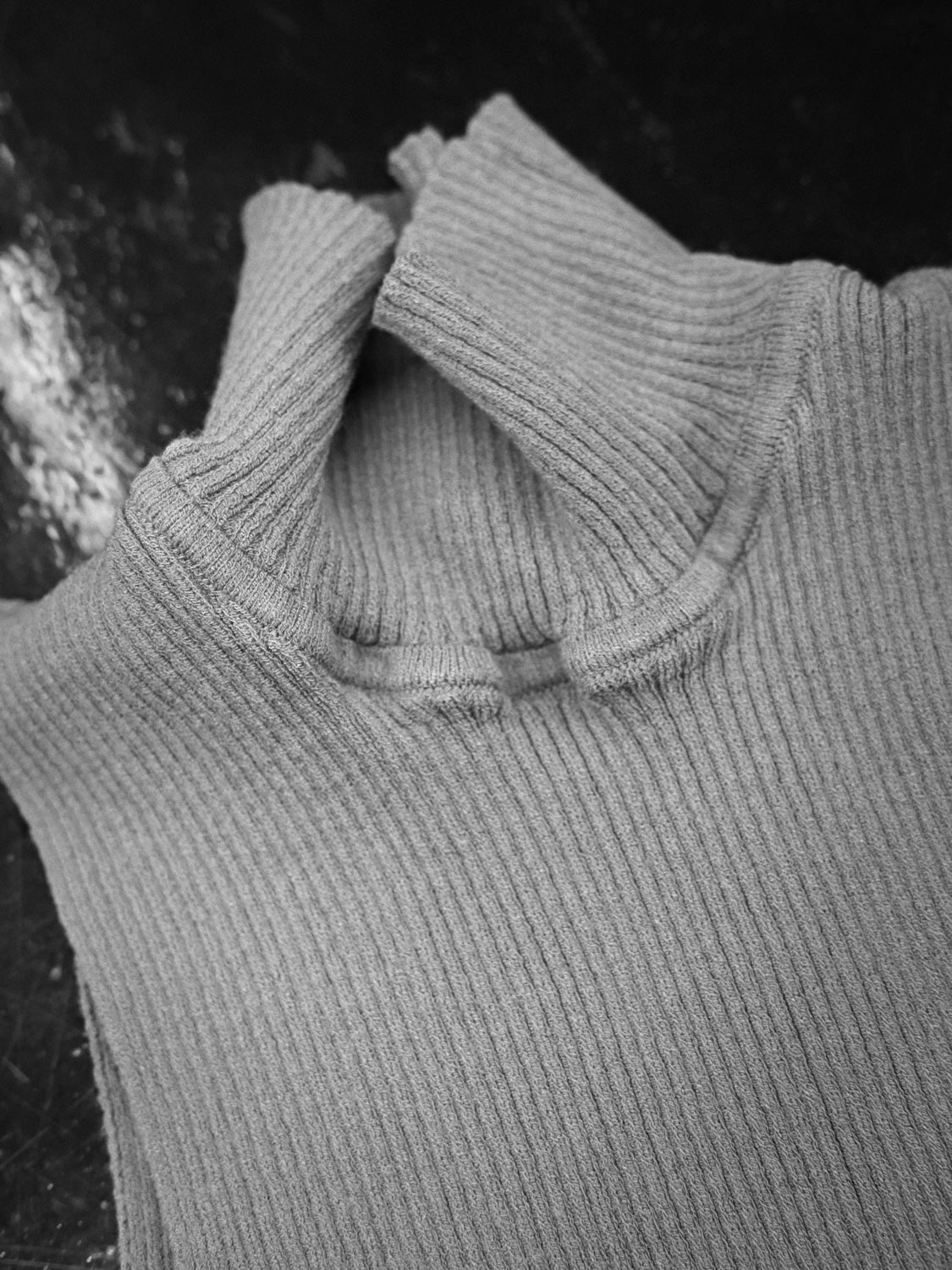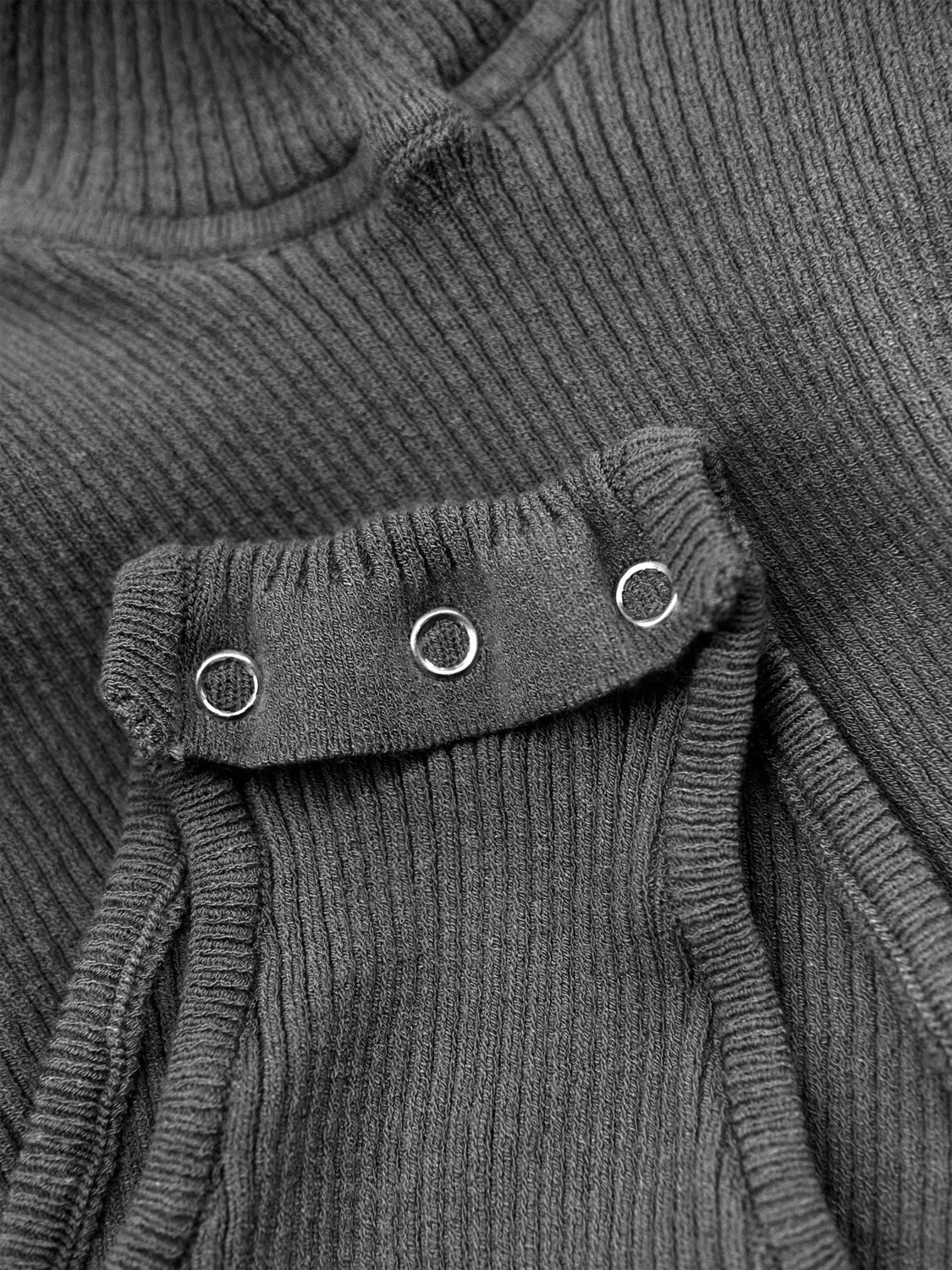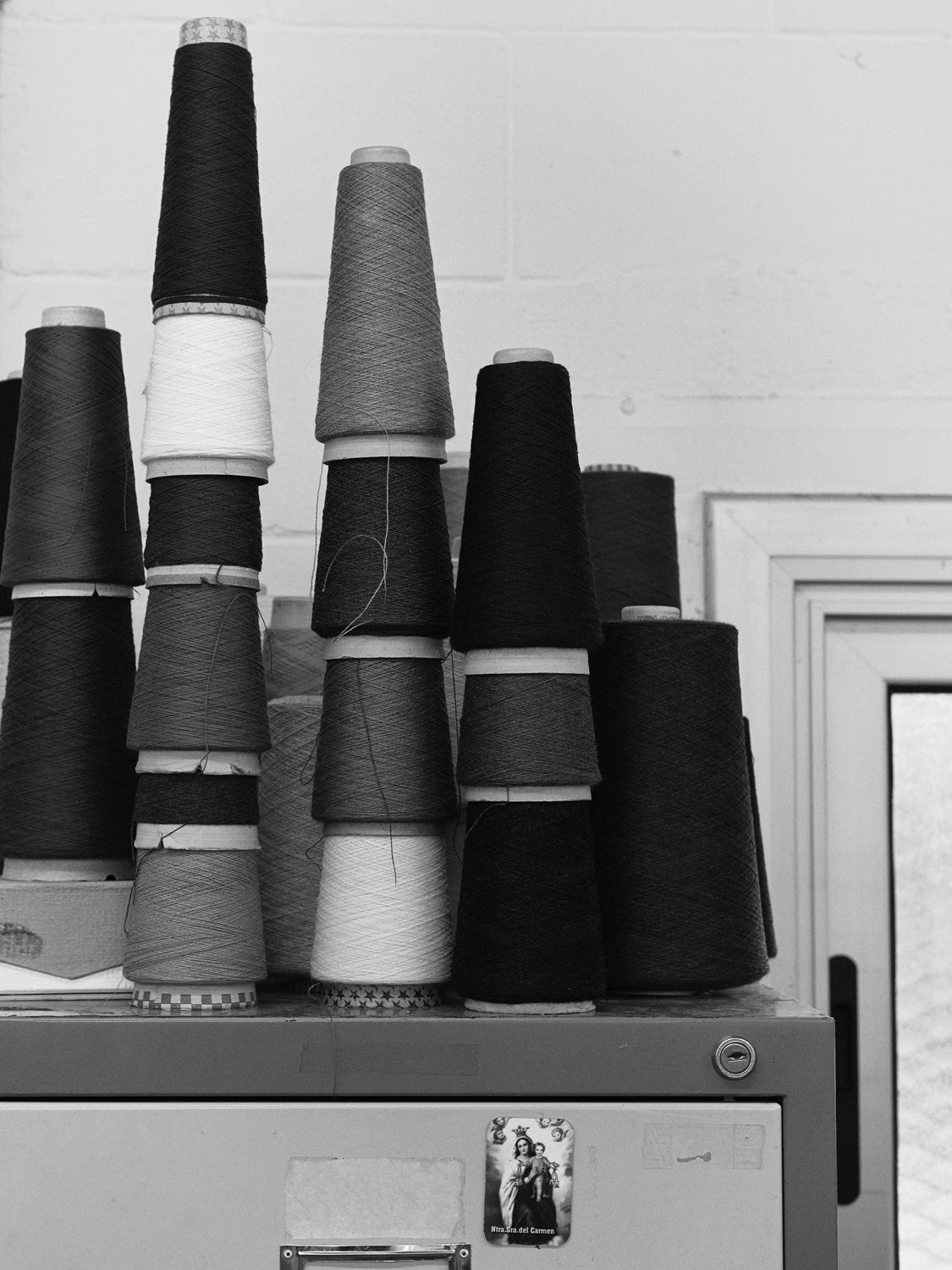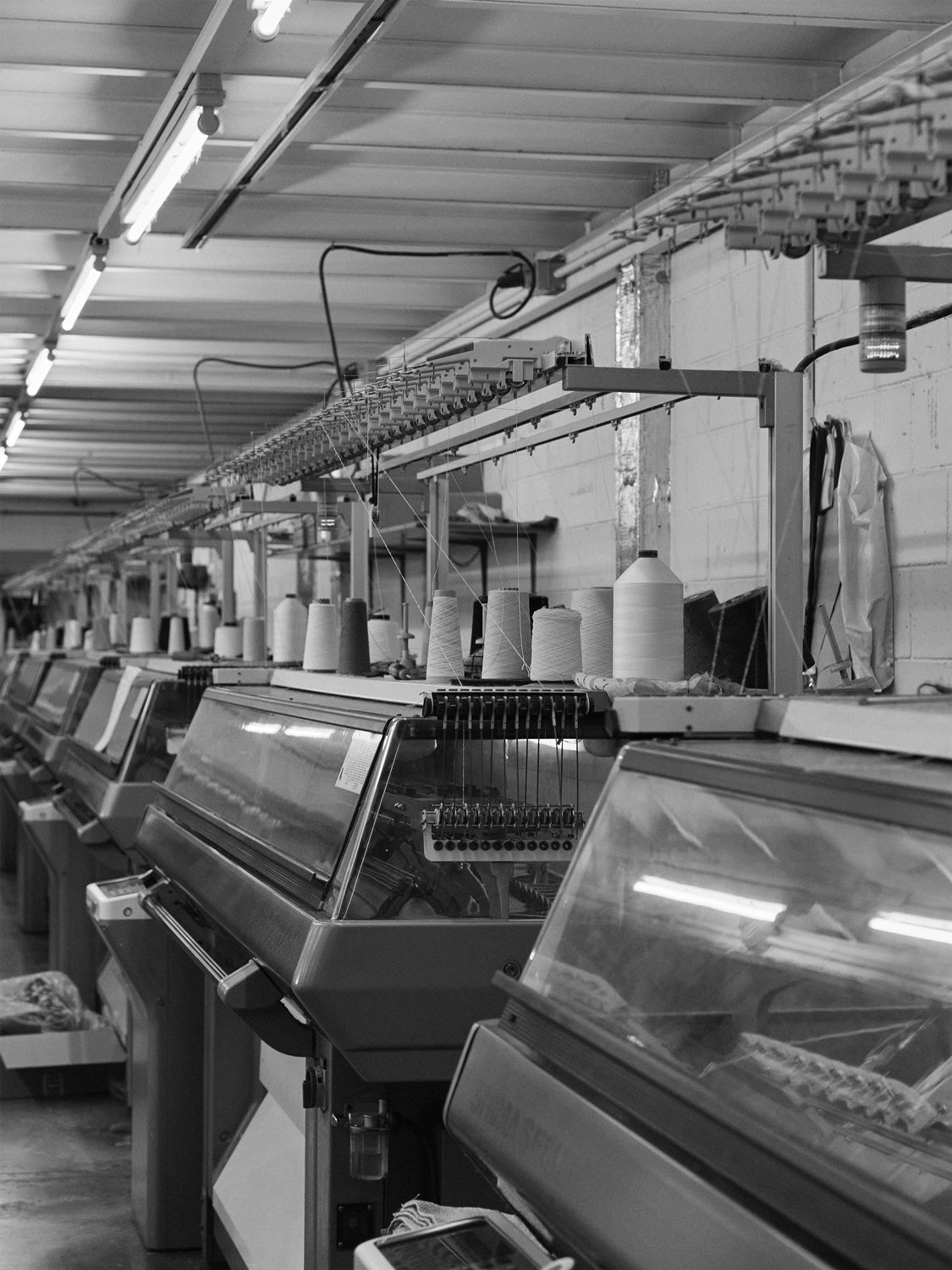At The Bodysuit of Barcelona, we believe in the power of change led by moral values, courage, instinct, and respect. We strive to be responsible in both how and what we produce, acting with care, honesty, and love. This approach allows us to re-evaluate what we create and offer a fairer, more creative future. Every small action we take is a step towards using business to drive positive change for everyone.
We review our sustainability efforts across four key areas:
CLIMATE ACTION
MATERIALS
TRACEABILITY
SOCIAL
CLIMATE ACTION
The planet is in our hands, and the textile industry plays a crucial role, responsible for an estimated 10% of global carbon emissions (European Parliament). Reducing this output is challenging, but we recognize our responsibility to decarbonize our operations and supply chain while supporting small local businesses.
This year, we’ve set a plan to offset all downstream transportation and distribution emissions. This means cutting the CO2 from our products between our operations and the end consumer. Working with our logistics partner, we offer carbon-free shipping for all purchases, ensuring a net-zero carbon footprint.
However, we still have emissions to cut in two main areas: the production of The Bodysuit’s products and waste treatment generated outside our manufacturers’ facilities.
MATERIALS
Materials alone do not make a product sustainable, but they contribute significantly to its environmental impact, especially in water use, pollution, greenhouse gas emissions, and textile waste. We aim to use the highest quality, natural, and renewable fibers available to ensure the longevity of our products, considering their environmental and social impact while sourcing locally whenever possible.
We proudly utilize one material for our entire collection: EcoVero™ viscose, a sustainable alternative to conventional viscose, produced by Lenzing in Austria. This innovative yarn is derived from cellulose fiber sourced from European forests, promoting responsible forestry practices and reducing carbon footprint.
Made from purified cellulose, EcoVero™ fiber is produced from specially processed wood pulp and is often compared to silk and cotton. EcoVero™ offers 50% lower emissions and water impact than generic viscose and 100% supply chain transparency.
Benefits of EcoVero™ fabrics:
Natural and renewable
Gentle on the skin
Low Emissions
Lenzing Certified




By choosing a mono-material at the beginning of our journey, we minimize the risks of selecting non-vegan and high-impact materials. Additionally, this decision allows us to produce at our own pace without discarding premium yarns due to seasonality.
We are planning to introduce new certified yarns for 2025 with sustainability in mind.
Packaging Initiatives: One of our main goals is to switch from polybags for wrapping products to either a recycled and recyclable plastic, or a recycled or FSC-certified paper alternative. We are developing a paper-based alternative, but polybags have not yet been switched to a widely recycled alternative due to challenges in finding a material that meets our required standards of security, quality, and brand aesthetics. However, a design is in development and is expected to be confirmed by 2024.
Additionally, we are designing a lightweight, environmentally sensitive envelope to contain multiple products, individually packed. This innovative solution utilizes materials like Paptic, which evoke the tactility of textiles. Structural details improve packability, while print details enhance key brand moments. The envelope feels sufficient yet minimal and will be released at the end of 2024.
TRACEABILITY
There is little accountability within the textile industry, partly due to the opacity of supply chains. We recognize that meaningful change requires a clearer understanding of our own supply chain. Since launching in 2017, we've worked closely with our main tier 1 supplier, a family-based manufacturer, where tradition and expertise are passed down through generations. This familial environment not only ensures a strong sense of community and pride in craftsmanship but also promotes transparency and accountability throughout the production process.
Tracing our supply chain doesn’t make us inherently more sustainable, but it is a vital step in identifying our biggest impacts and understanding how to mitigate them. Our goal to know all tier 2 and 3 suppliers by name and production country was ambitious, and we’re proud to have achieved over 80%.
- Tier 2 (weaving) supplier visibility has increased to 95% across all products, with the only exception being the weaving partner for our organic cotton mesh bags, which we will not restock next year.
- Tier 3 (yarn) supplier visibility has increased from 50% to 80% across all products. We partner with a reputable supplier located in Florence, Italy.
Many suppliers have supported this transparency initiative and provided data readily. However, obtaining information from some suppliers, particularly for haberdashery, has been challenging, necessitating further dialogue.
This level of visibility is a strong start, especially compared to industry norms and considering our size as a small business. However, there is still more to achieve. Our goal is to verify high environmental and social standards at every stage of the supply chain by 2025. While few brands can currently claim this, even those with large budgets for sustainability reports, we are committed to reaching this goal.
We believe the entire textile industry should adopt this as the baseline. New verification innovations, better certifications, and higher standards are essential to achieving this goal in the future.
SOCIAL
We must make sure our definition of sustainability includes people, animals as well as the planet, to seek environmental and social justice. We aim to provide a workplace that operates with honesty, integrity and openness; with respect for human rights and the interests of the people we impact. These are values we extend to our supply chain, to our private lives and to the communities we are looking to serve through charitable work.

